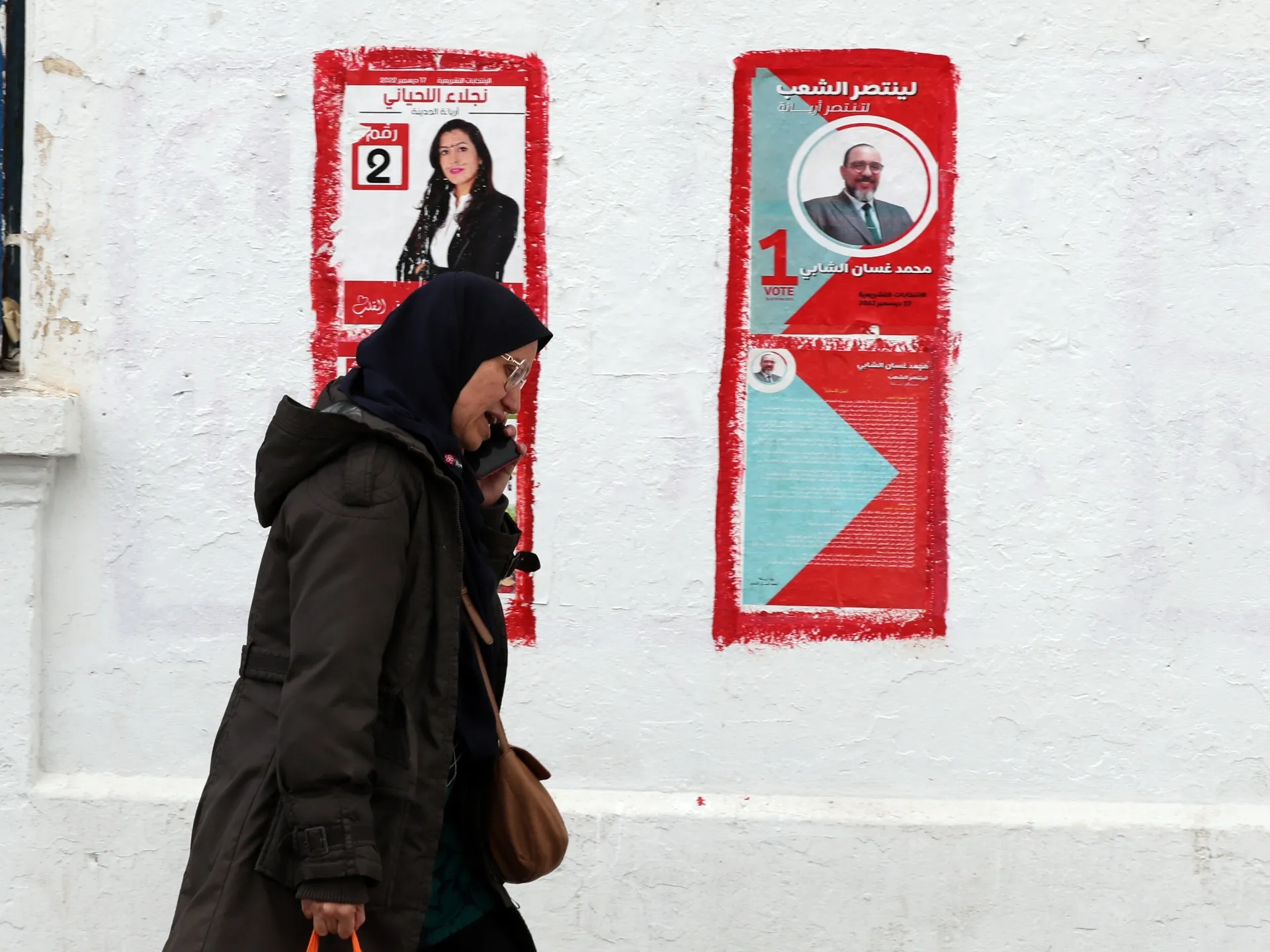Tunisian Parliamentary Election Yields 8.8% Turnout
Tunisians headed to the polls on Saturday to elect a new parliament, but only 8.8% of the electorate reportedly showed up to cast their vote. A number of prominent opposition parties boycotted the election, which contributed to the low turnout.

Facts
- Tunisians headed to the polls on Saturday to elect a new parliament, but only 8.8% of the electorate reportedly showed up to cast their vote. A number of prominent opposition parties boycotted the election, which contributed to the low turnout.
- The vote comes as Tunisia's economic crisis continues to deteriorate and concerns of "democratic backsliding" mount. The North African nation was a lynchpin of the 2011 Arab Spring protests.
- Opposition parties, including the Salvation Front coalition of which the prominent Ennahda party is a part, boycotted the vote. These parties claimed the election was part of Pres. Kais Saied's efforts to consolidate political power.
- The boycott was announced soon after Saied issued Electoral Decree 55 on Sept. 15, which states that voters will choose individual candidates instead of party lists. The opposition alleges that this move excludes political parties from public life and decision-making processes.
- According to the Tunisian Independent High Authority for Elections (ISIE), 68% of voters were male and youth turnout was particularly low —70% of voters were older than 45.
- Saied, Tunisia's controversial leader, suspended parliament in July 2021 before holding a referendum this summer allowing him to change the constitution. He has continually defended his actions as necessary against a backdrop of civil unrest and an unstable economy.
Sources: Guardian, Cp24, National News, Al Jazeera, and FT.
Narratives
- Pro-establishment narrative, as provided by Middle East Monitor. Kais Saied is, yet again, gutting Tunisia's institutions to strengthen his iron grip over the country. Though he's said that he doesn't want to become an autocrat, his unscrupulous actions speak far louder. Using the growing pains of Tunisia's young democracy as a pretext, he has taken over the North African nation and has used this election to cement his control over a new parliament. A national dialogue must be undertaken to save Tunisian democracy.
- Establishment-critical narrative, as provided by Al Mayadeen. Though Saied's critics love to paint him as a dictator, the fact that they can level such criticisms proves that he's not. Tunisians are tired of the corruption and dysfunction brought by the country's post-Arab Spring parties, namely the Islamist Ennahda party. Tunisia was on the brink of collapse before Saied dissolved parliament, and his actions were necessary to maintain order and stability.






